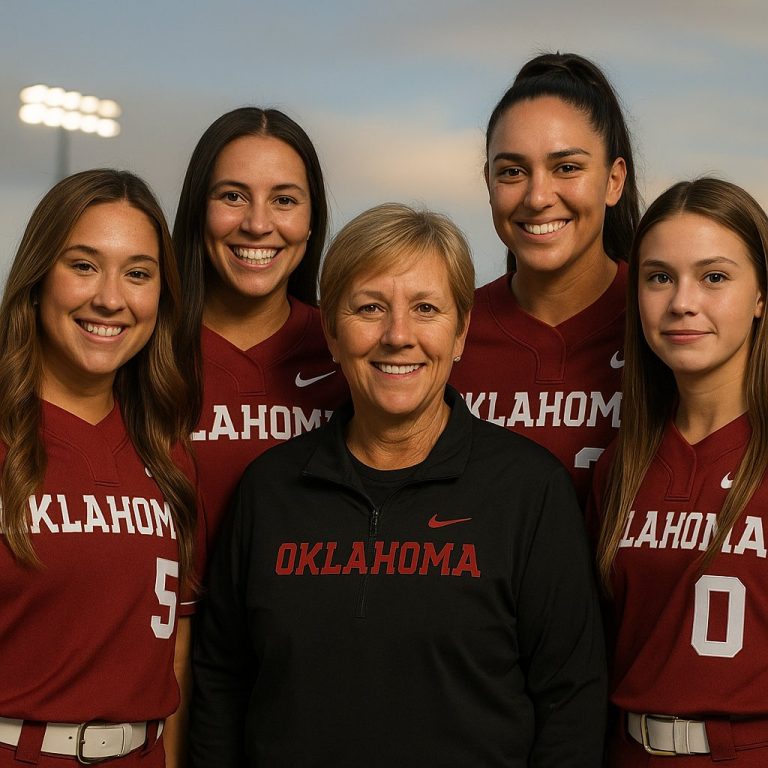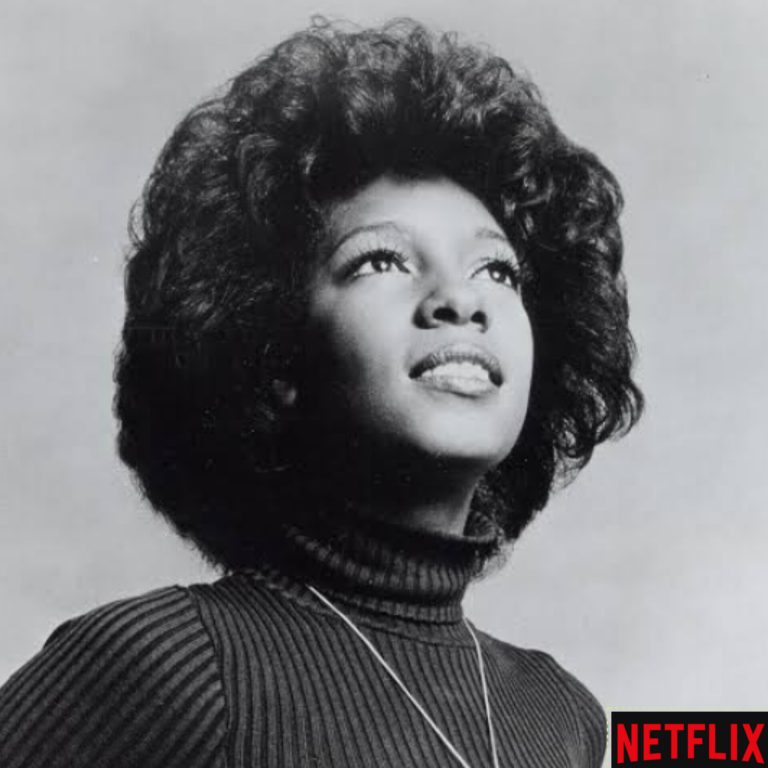WNBA legend Sheryl Swoopes has recently found herself at the center of a media storm due to her comments about Indiana Fever rookie Caitlin Clark. Despite the rising star’s impressive accolades—finishing fourth in the WNBA MVP voting and winning the AP Rookie of the Year unanimously—Swoopes’s remarks on the Gil’s Arena podcast have sparked backlash from Clark’s fans. During the episode aired on September 17, Swoopes appeared to downplay Clark’s rookie dominance, igniting a firestorm of criticism directed at her.

In response to the growing controversy, Swoopes spoke out on the Unapologetically Angel podcast hosted by Chicago Sky rookie Angel Reese. She emphasized that her comments have been misconstrued, insisting that she holds no animosity toward Clark. “When you say Sheryl Swoopes and Caitlin Clark, it’s like, ‘Oh my goodness, Sheryl doesn’t like her, so let’s see what this is about,'” she said. “All of that is stupid to me. It’s not true. It’s all stupid.”
Swoopes reflected on the significance of wearing the number 22 in the league, pointing out that she, Clark, and fellow superstar A’ja Wilson all share that number. She noted the collective strength and talent associated with it, reinforcing her support for Clark as a fellow athlete. “Those are some hell of a good number 22s,” Swoopes asserted. “And we’re all a part of the Nike family. A lot of the stuff people are trying to say is there, it just does not exist.”

As a six-time WNBA All-Star and four-time champion, Swoopes’s legacy in the league is well-established. Her critiques, intended perhaps to provide constructive feedback, were interpreted by some as dismissive of Clark’s achievements. This reaction highlights a broader issue within sports media and fan culture—where players can quickly become polarizing figures, and critiques can spiral into personal attacks.
Swoopes also expressed her exhaustion over the ongoing narrative, stating, “I’m tired of it. It’s tiring.” Her frustration resonates with the pressures that both established and emerging athletes face in the spotlight. She acknowledged that Clark must also be feeling the weight of this scrutiny, saying, “I can only imagine that [Caitlin] has to be tired of it as well.”
Clark’s performance throughout the season had been impressive. In her final game, she showcased her skills with 25 points, 9 assists, and 6 rebounds, a testament to her potential and determination. Despite this, the Fever’s season came to an end following a hard-fought loss to the Connecticut Sun. This exit was disappointing, especially considering the high hopes surrounding her rookie season.
The conversation surrounding Clark is emblematic of the larger discourse about rookie athletes in professional sports. Young stars often face tremendous pressure to perform at elite levels from the outset of their careers. When criticism arises, it can overshadow their accomplishments, leading to a cycle of negativity that affects both their confidence and public perception.
Swoopes’s comments serve as a reminder of the responsibility that comes with being a veteran in the sport. While critiques can be valid, they must be balanced with acknowledgment of the hard work and talent that young players bring to the league. Swoopes’s passionate defense of Clark underscores the importance of fostering a supportive environment in women’s sports, where players can thrive without the fear of undue criticism.
In conclusion, Swoopes’s remarks about Clark have sparked an important dialogue about how athletes are perceived and critiqued. As a respected figure in the WNBA, Swoopes aims to clarify her stance and promote unity among players, regardless of their stage in their careers. The support for Clark, both from Swoopes and her fans, reflects a shared desire to celebrate achievements in women’s basketball while acknowledging the challenges that come with the territory. As the WNBA continues to grow, fostering positive narratives and support within the league will be crucial for the next generation of athletes.





